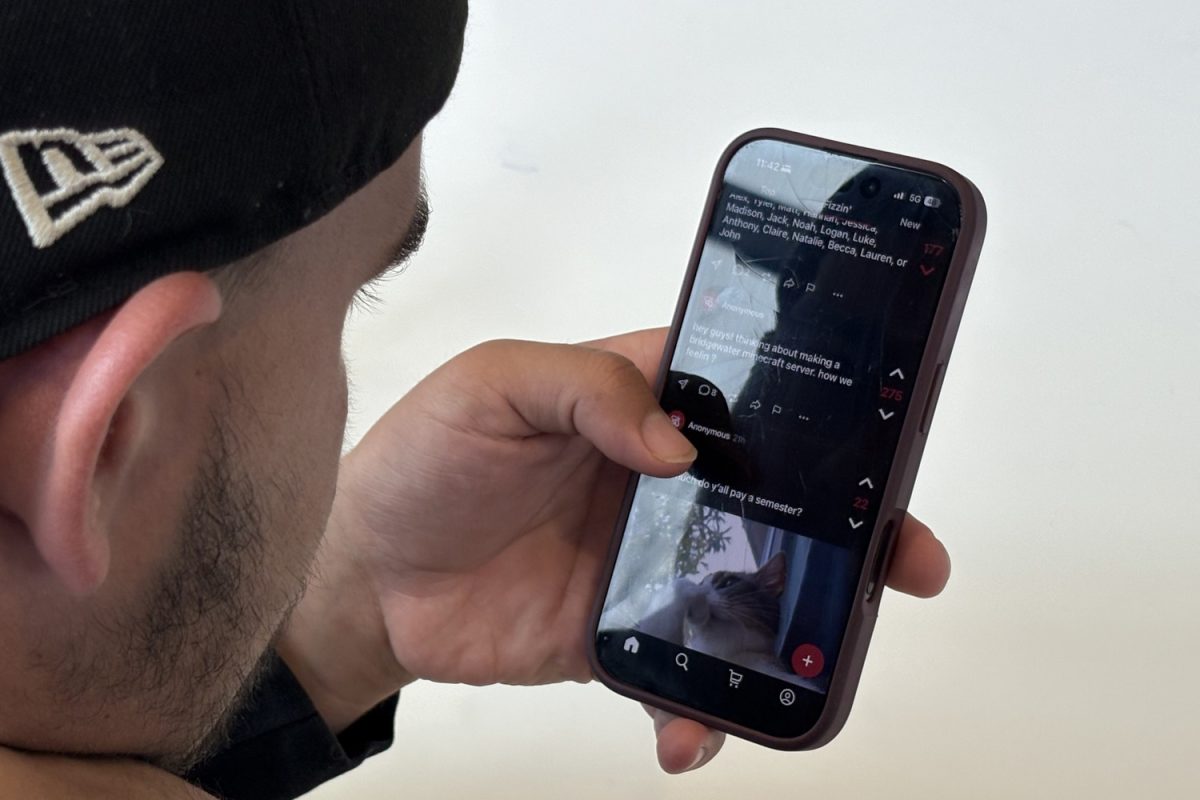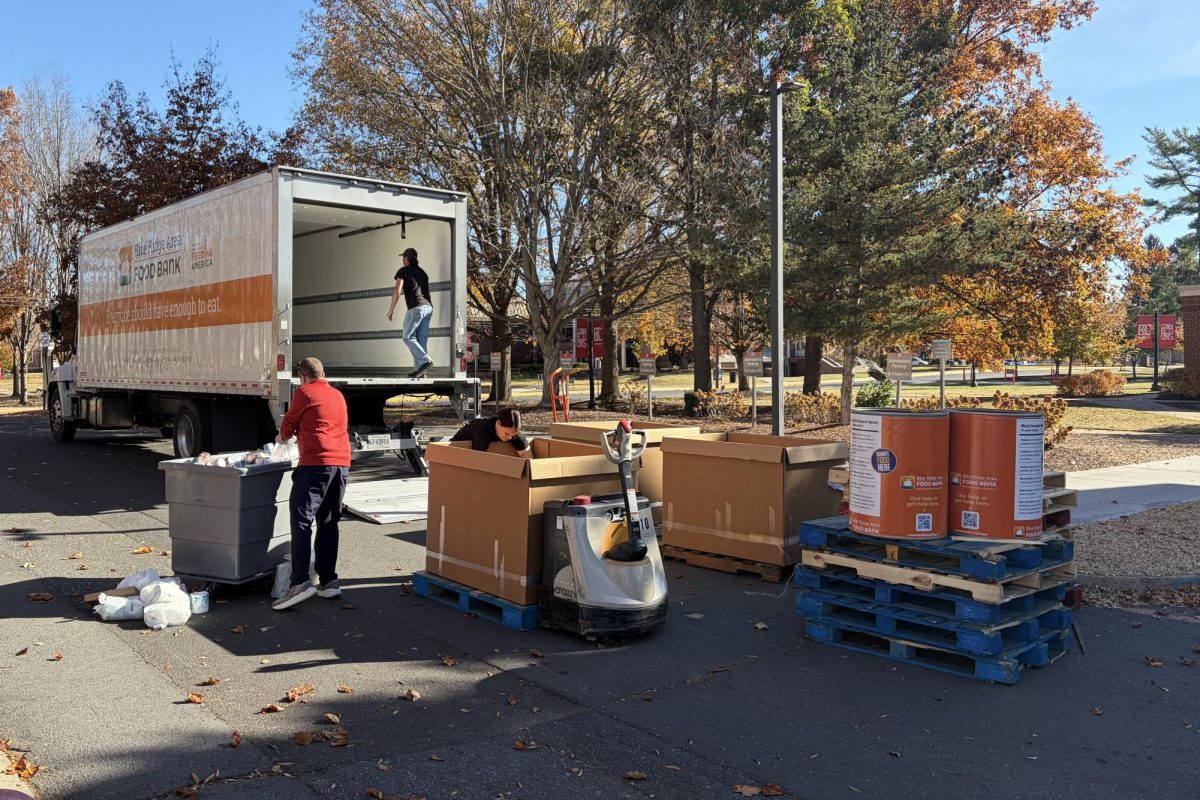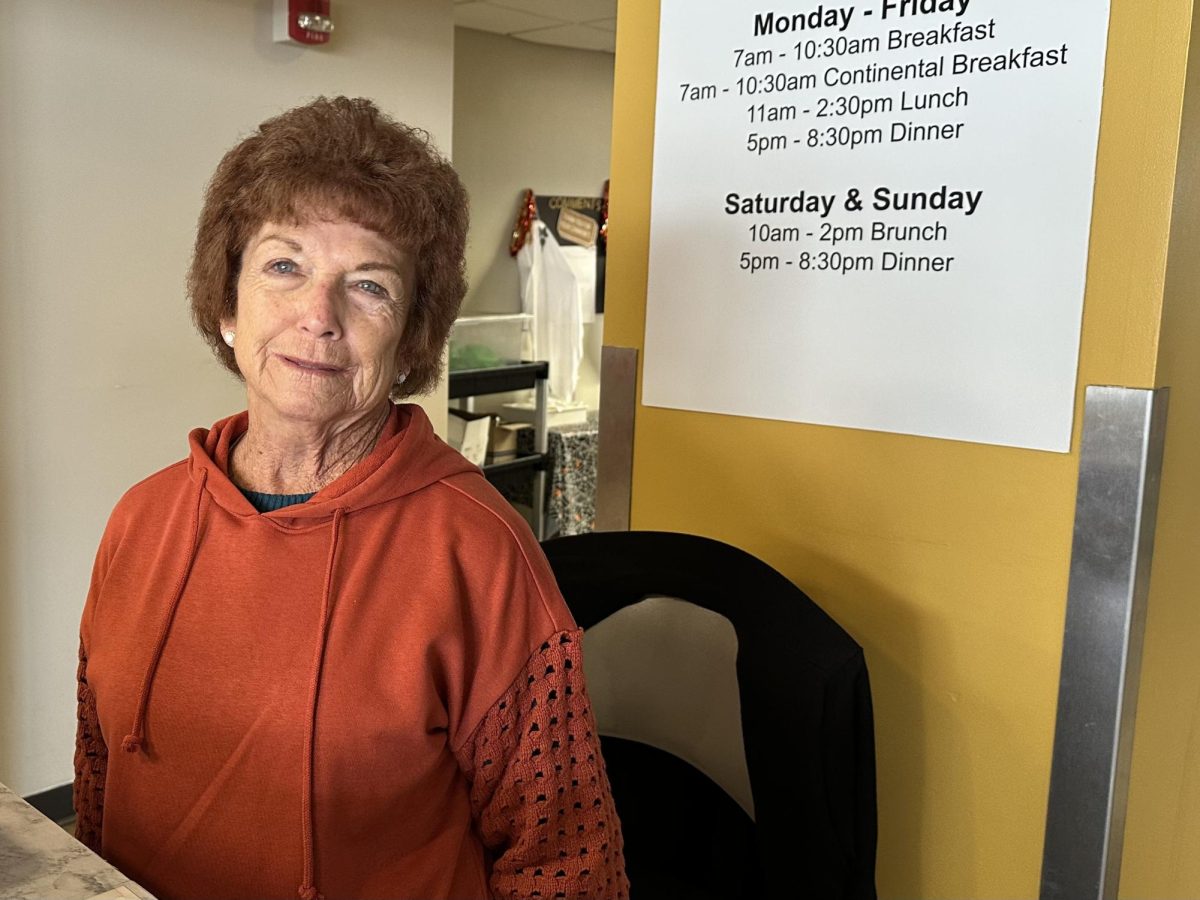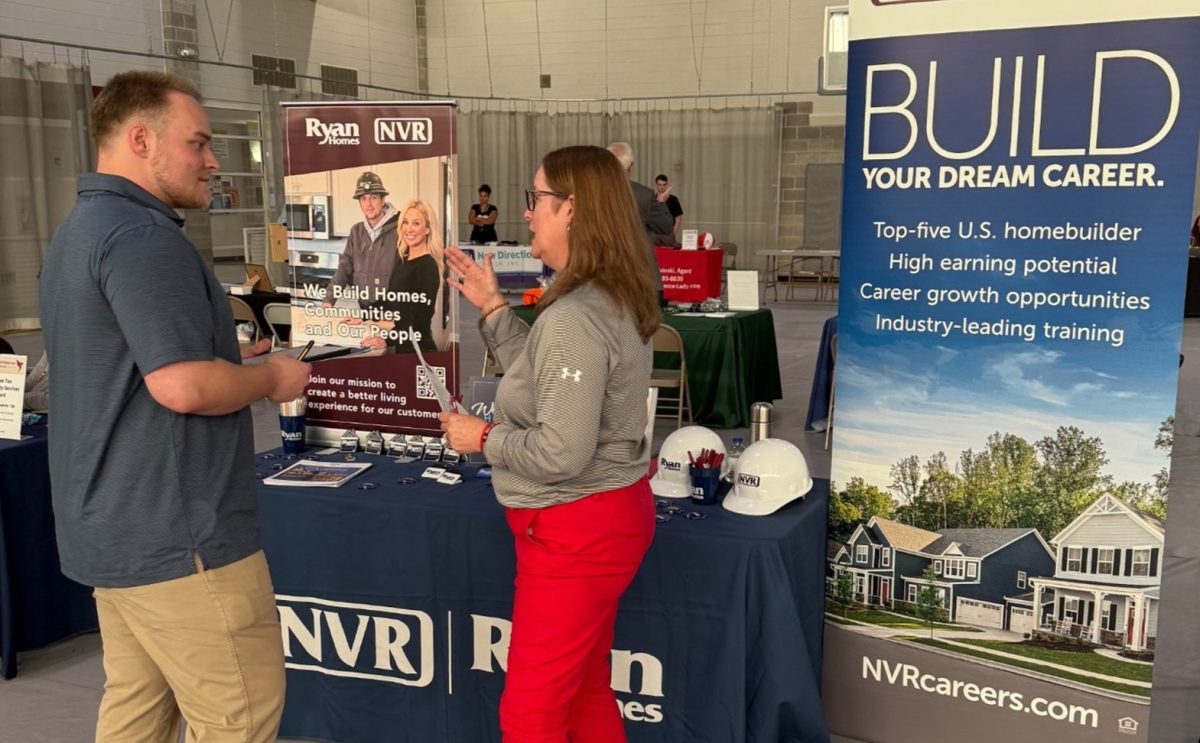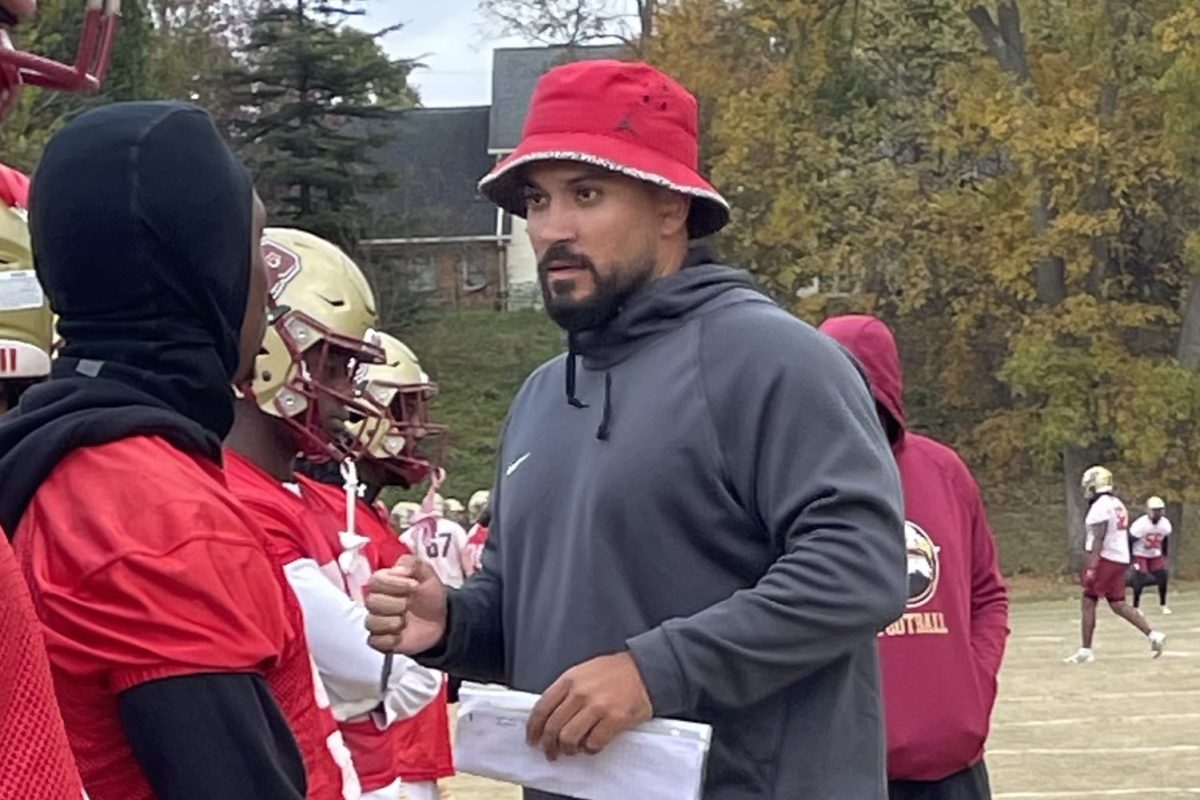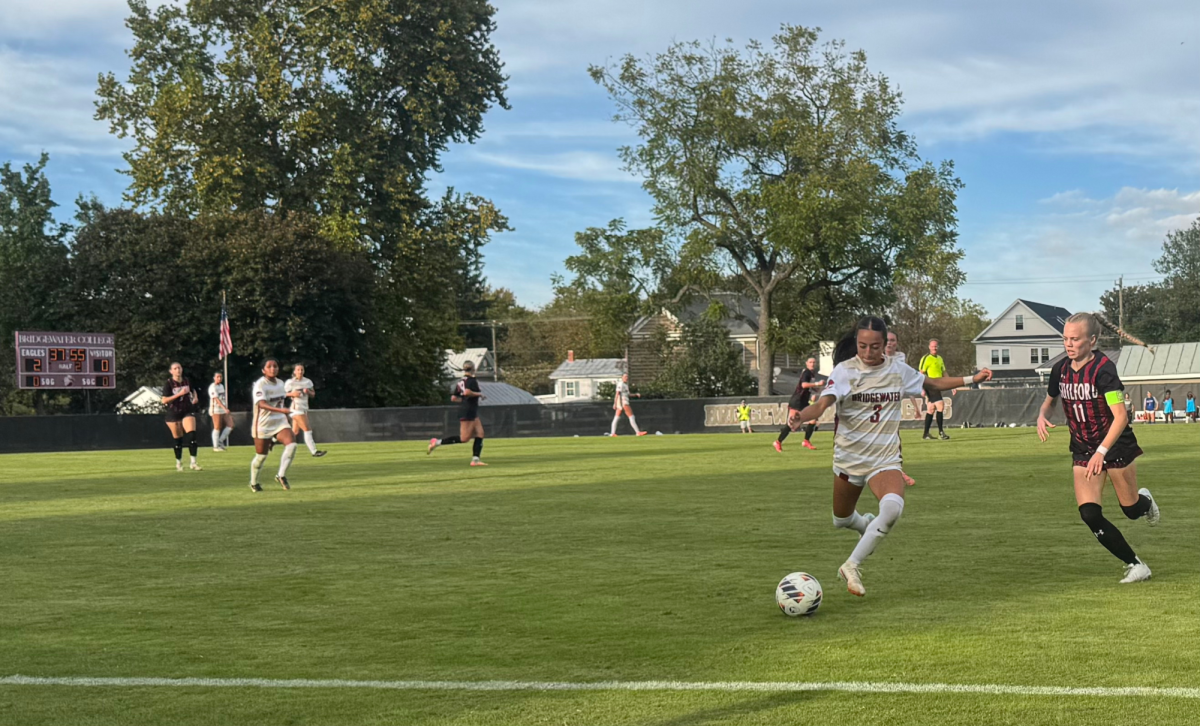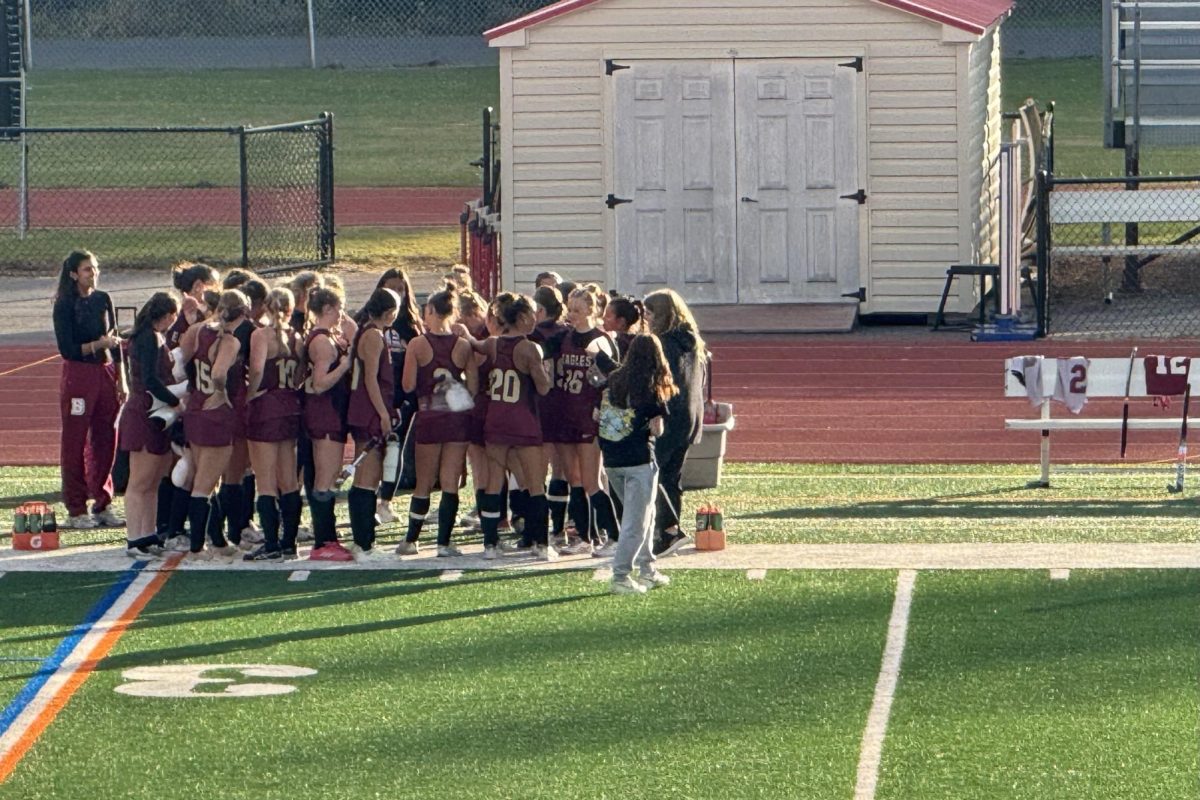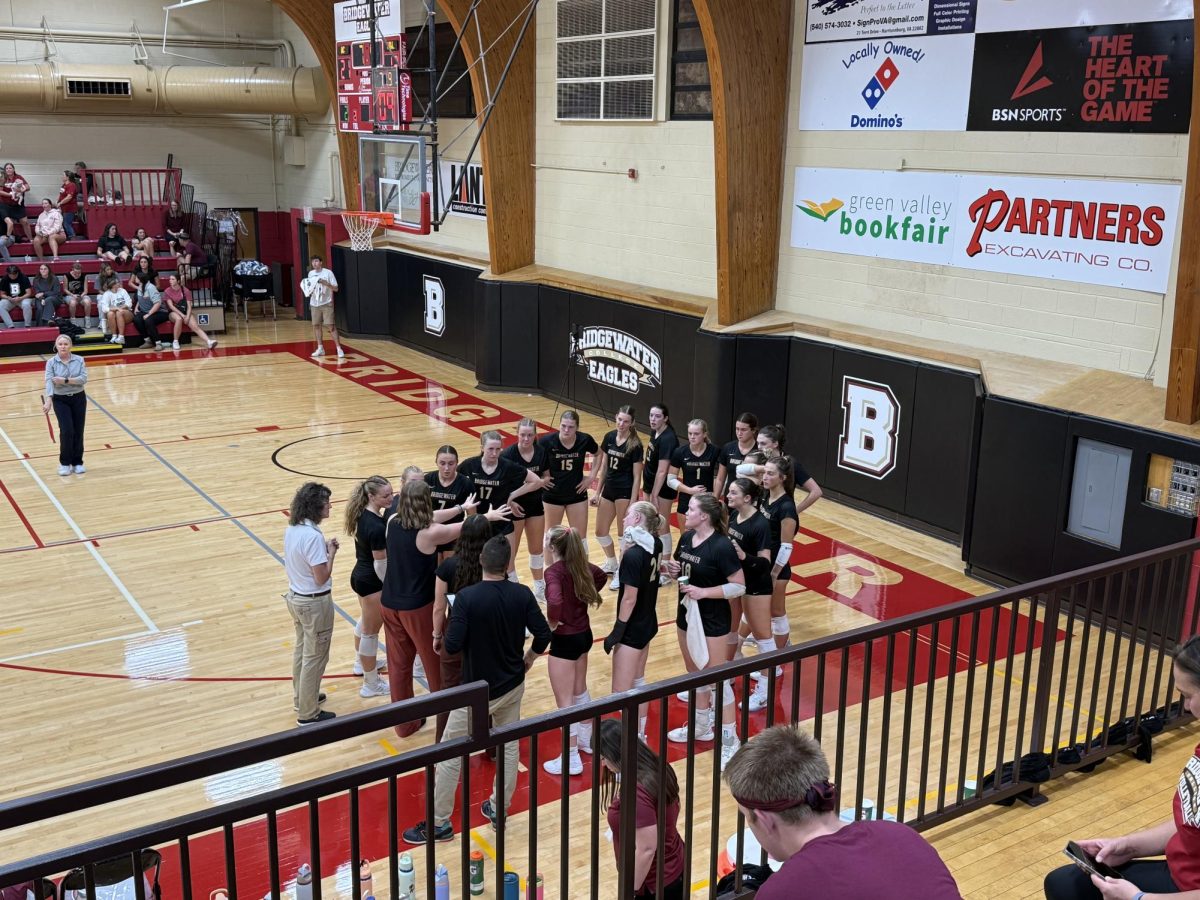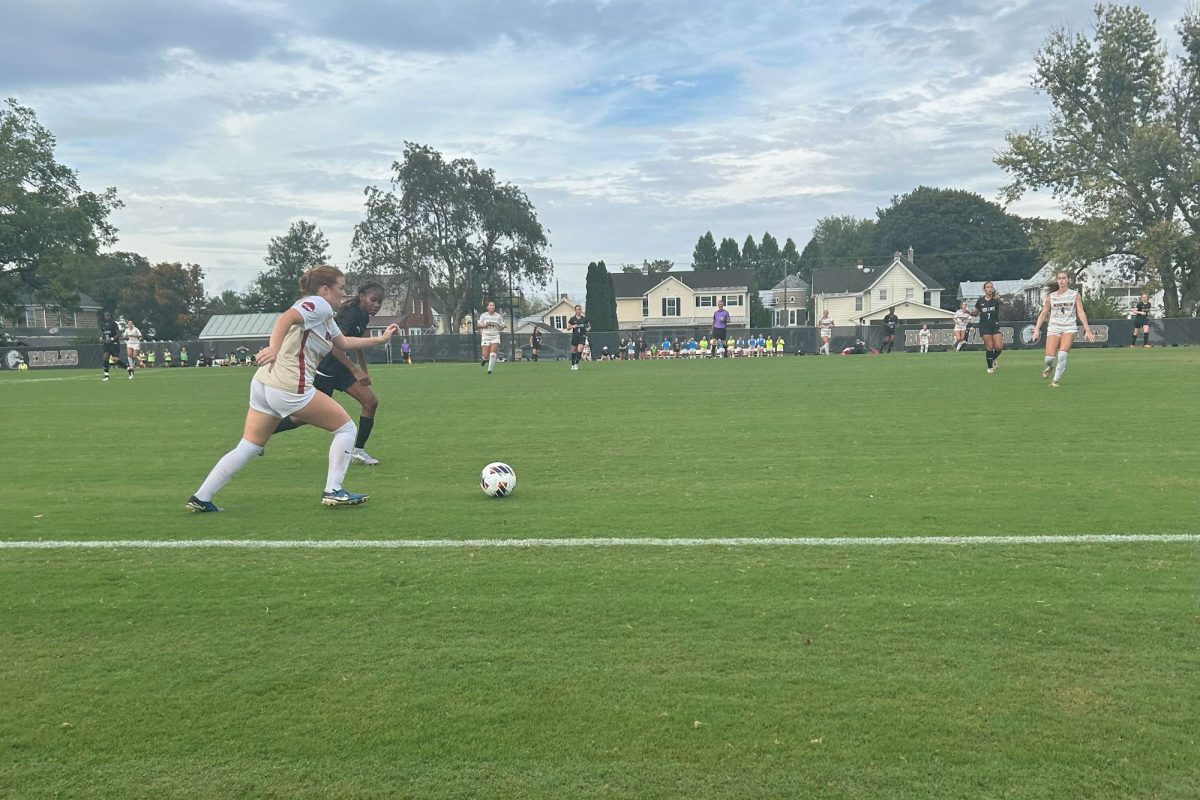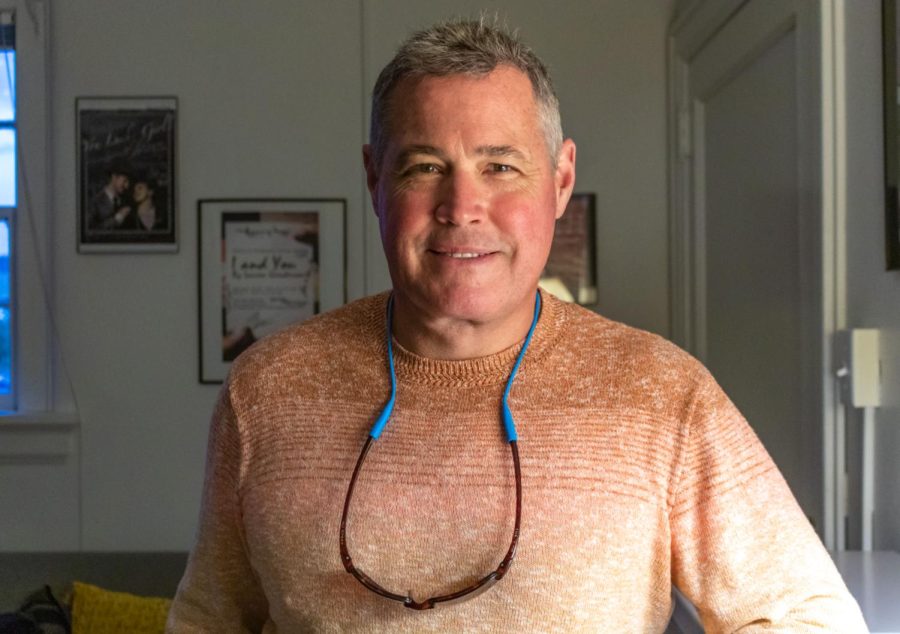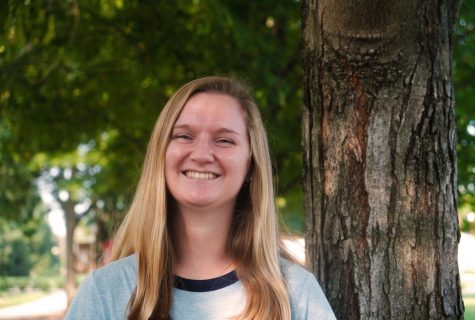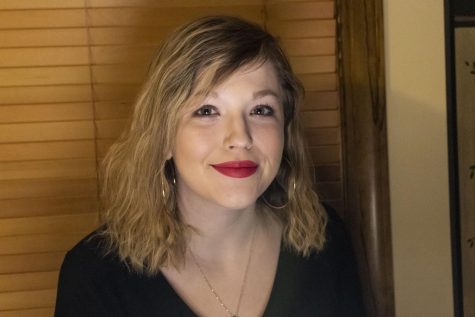‘Change Begins in The Community’
Ten Questions With Renowned Wildlife Conservationist Jeff Corwin
The Harold H. Hersch Educational Fund sponsored a lecture to the community of Bridgewater College from renowned conservationist and environmental journalist Jeff Corwin on Nov. 10. Through storytelling, Corwin increased awareness for endangered species and climate change to a full audience in Cole Hall.
November 12, 2021
Bridgewater Va. – Jeff Corwin has a knack for storytelling. For the last two decades, his “tales from the field,” whether through television series or published text, have been inspiring individuals to become advocates for threatened species and a healthy climate.
Corwin has been awarded three Emmys for reaching a global audience through his conservation-focused television series — featured on channels such as ABC, NBC, Animal Planet, and Discovery. In addition, Corwin has produced many of his own TV series, written over 10 books on conserving nature and wildlife, and been an environmental correspondent for NBC News and CBS.
On a recent visit to Bridgewater College, here is what the adventuring biologist has to say about his experiences with wildlife, and about his aspirations for educating the public to take steps towards a healthier and more sustainable planet for all creatures.
Are there any life lessons that you have learned from your extensive work with animals?
Probably the most important life lesson that I have learned is that you have to live in the moment, because when you’re a wild animal you don’t know what tomorrow is going to bring. There might not be a tomorrow. So you live in the moment and live life to your fullest. The other lesson I’ve learned from animals is really how much they depend on us as stewards of nature. We’ve never lived in a more critical time where we have so many species and so many wild places facing a very uncertain future. Arguably, we are the last generation to really determine what future generations will have. We’ve already consumed 70% of all nature on our planet in 100 years.
In my experience, it seems that animals have distinct personalities. Is there a certain species that you connect best with?
Well, I’ve always loved snakes. I’ve always been a snake guy. I wouldn’t say that they have very dynamic personalities. I just love their story, their evolutionary journey, and their physical characteristics. That was always my mission to get people excited about reptiles and snakes. I also love bats. I love the diversity of bats. The importance of bats. Again, not necessarily personality driven, but just incredibly amazing creature bats are.
You have done a substantial amount of traveling, do other cultures respond differently to the issue of threatened species than our own culture does?
Interestingly, much of the world’s systems of wildlife management are based on the American model of conservation — on our national parks systems. Professional biologists with an acumen for conservation, working in the field — that comes from the American experience. There were no national parks until we created them. There are a lot of places in the world, though, where wildlife, even places in our country, where we’re not adequately protecting habitats. We’re not adequately protecting species and providing for them what they need. Climate change is a global challenge and we know that the United States is a significant contributor to greenhouse gases, which is what germinates climate change. So we do many great things, but we still have many great things to do.
Do you think that a cause like protecting threatened species is something that could potentially unite cultures?
I think that we have no choice but to unite. We have reached a precipice on our planet today with the fast rate that we are losing species. Wild places from rainforests to coral reefs are now in jeopardy. Marine Ecosystems. We dump ten billion pounds of plastic into our oceans every year. We’re now starting to pay the price for that: the wildfires that we have, climate change, the drought that we have experienced. What we’ve learned is that cultures are united, because all these factors impact all cultures. The fires that happen in California impact the weather systems of Massachusetts. The deforestation of a rainforest in South America will impact our access to medicines, because oftentimes medicines begin as a chemical in a rainforest plant. If we don’t protect Coral Reefs, we’ll lose 70% of our fishes, because 70% of marine species have some connection to a Coral Reef in their life cycle. These problems of conservation don’t happen in a vacuum, right? They have a ripple effect.
As I understand it, the issues of climate change and threatened species are connected as climate change forces species onto the threatened list. Are there ways that you approach these joined concerns holistically?
Absolutely. So for example, by protecting a rainforest in Sumatra, you’re helping to prevent climate change. Because when you cut that rainforest down, you release greenhouse gases in the atmosphere, and it’s probably being cut down to grow a palm oil plantation. When you cut down that forest, you then take all that native wildlife and you expose it to black market wildlife trade. Orangutans, tigers, rhinos, and elephant’s begin to disappear. It’s all connected.
The United Nations has a list of 17 sustainable development goals with “climate action,” “life below water,” and “life on land” ranking 13th, 14th, and 15th. Do you agree with the rankings as they stand?
We are already seeing human environments, lifestyles, and opportunities for healthy living being changed and moved in the wrong direction, because of environmental issues — such as overfished and polluted oceans, and unsustainably managed ecosystems in a rapidly changing climate. When you go to a place where conservation and wise management of natural resources is a priority, you find people that live the longest, that have the best quality of lives, the best chance of a fulfilled life, education, children have an opportunity to survive, you have low child mortality rates, non-human creatures are more appreciated, women have more rights, and people have more freedoms. When you go to a country that has a broken environment, you find broken people. All those other issues that are the opposite of that. When you go to a place where the wild community has been compromised, you find people that don’t live long and that don’t get proper medical care, the value of life is lower, women don’t have independence and freedom, children have to work, and animals get treated horribly — there’s a connection.
In your experience, what are the most effective ways to promote change?
I think that the most effective way to promote change begins in the community–amongst family and friends–and then cascades outward into your community. So while you have many great concerns for big international stories, what is happening in your collective backyard that requires mitigation and how does that become a building block to bigger issues? So while protecting a landscape for monarch butterflies, you’re protecting monarch butterflies for everyone. Dealing with the river system for Virginia that needs to be reclamated, well that might be a spawning sight for fish — such as Striped Bass, which will make their way up to New England waters. So focusing in on your own house and your own backyard and letting that be a step to more global issues, I think is a great way to make a difference. You can’t convince a stranger if you can’t convince your friends.
How do you motivate people to believe in your cause?
Well luckily I have the vehicle of television and my television series, “Wildlife Nation” on ABC, viewed by millions of people. It’s all about a celebration of our natural heritage in North America and the amazing heroes of conversation. We’re really inspired to tell the story of all sorts of scientists, and be very inclusive in that story. So I try to take the viewers each week on a roller coaster ride through nature. On that ride they are going to learn about challenges and they’ll learn about solutions. Hopefully, they will be empowered to want to be a part of that solution.
Do you see incorporating your work into curriculum for students as a way to increase awareness?
I do. In fact I’m about to launch a project. It’s called “Expedition Wild Science” and it’s about showing real life science being used to save species, to protect habitats and to show how the headiness of science has a practical application. We’re doing that with the film for the TV series. We carve out some time to create modules that will be used by teachers and students to show this thing I’m studying, this is how it’s used in the real world to save species.
In as few words as possible, what actions can we take?
Action requires motivation, and you will not be motivated to protect what you do not appreciate.

